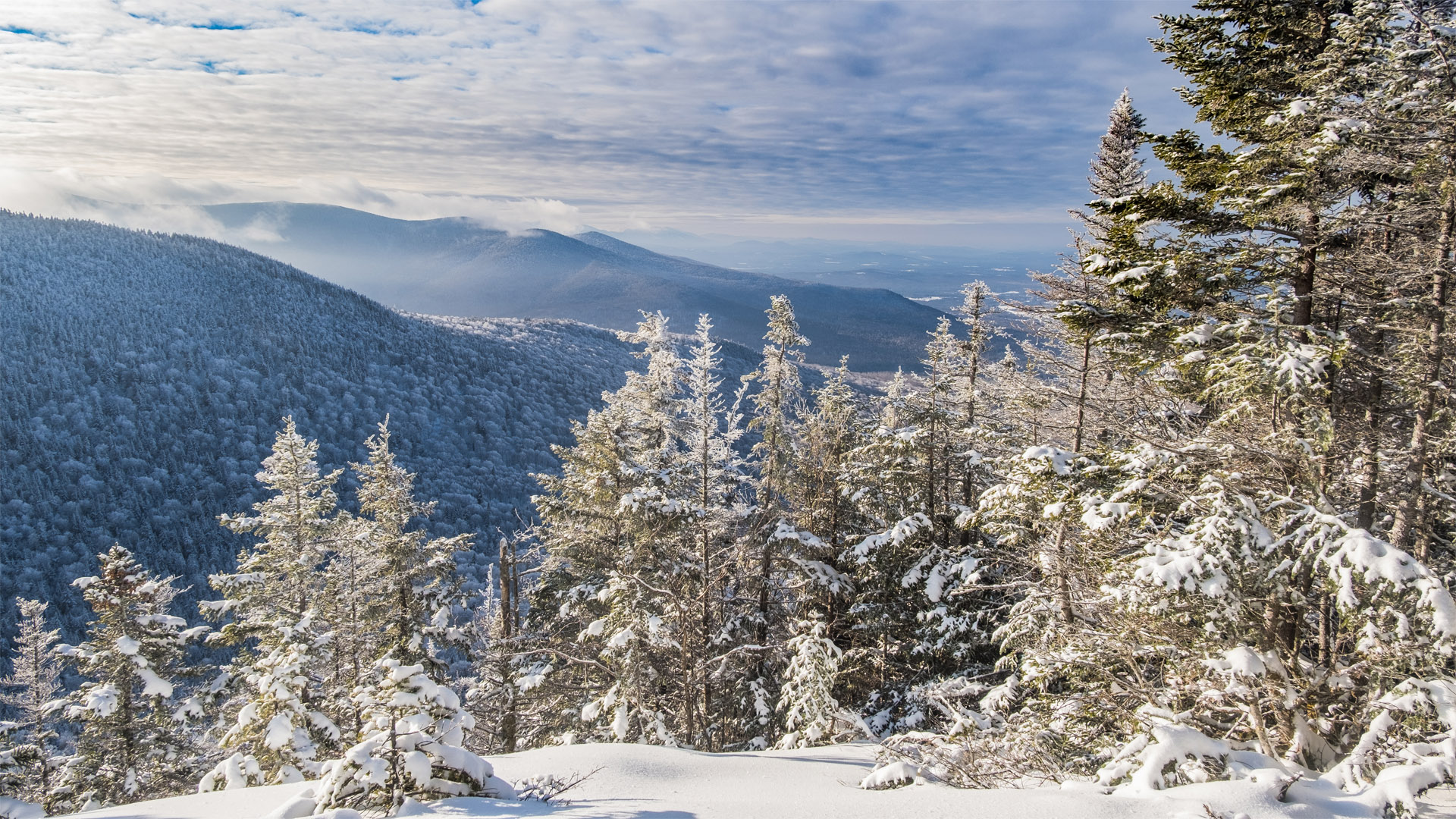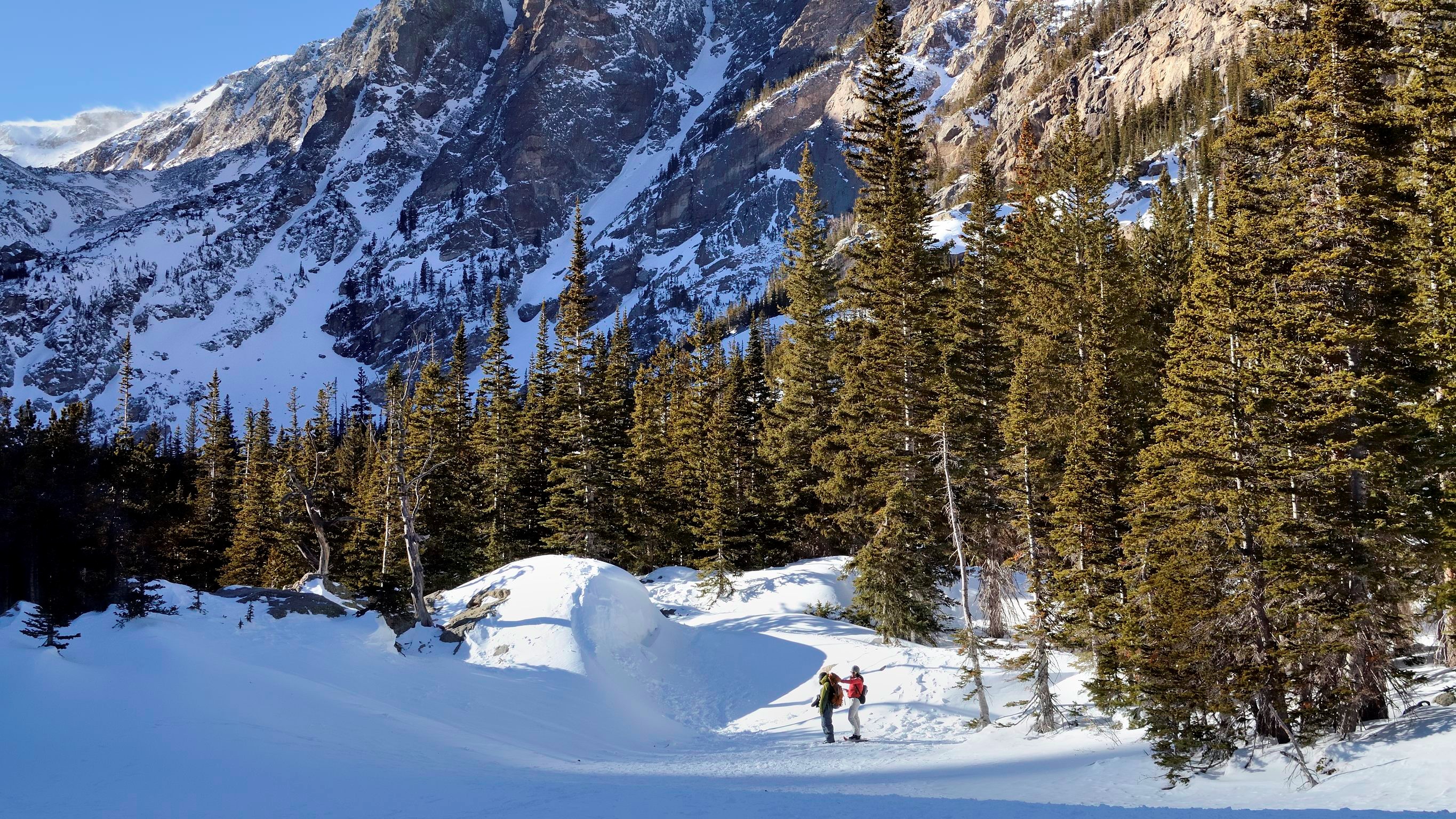Be prepared, hikers warned – or they may have to foot the bill for their rescue
New Hampshire search and rescue officials remind hikers to take necessary precautions this winter

All the latest inspiration, tips and guides to help you plan your next Advnture!
You are now subscribed
Your newsletter sign-up was successful
Search and rescue officials from New Hampshire Fish and Game have reminded the public to be extra careful when they head into the outdoors this winter – and warned that hikers they may need to foot the bill for their rescue if their behavior on the trails is deemed irresponsible.
The message, reported by ABC’s WMUR 9, comes in the wake of a pair of high-profile rescues in the state’s White Mountains and increasing costs. New Hampshire has spent around $350,000 on search this year, and in some cases will charge for a rescue if the hiker is seen to have taken unnecessary risks.
“We do about 180 missions a year,” said New Hampshire Fish and Game’s Col. Kevin Jordan, before adding, “We bill on average 15 to 17, so we don’t do it often.” He also pointed out that they would never bill for a case that ended in a fatality.
Rescue efforts can last hours or even days, and require significant resources – especially when there are multiple searches going on simultaneously. When staffing resources are particularly stretched, teams rely on support from volunteer groups. Costs are also rising, driven by a combination of inflation, state searcher salaries, and the need to keep teams kitted out with rescue tech.

New Hampshire hikers can help by signing up for a Hike Safe Card. Having one in your pocket means you won’t need to pay rescue costs if you get into trouble in the outdoors. It costs $25 per person or $35 per family, and every purchase supports Fish and Game search and rescue efforts in the state. Since the scheme launched in 2015, nearly 13,000 people have reportedly signed up for the card, raising close to $300,000 for search and rescue in the process.
And, as is the case whenever or wherever you head into the outdoors, hikers should do everything they can to make sure they’re safe. That means wearing suitable cold weather clothing and good quality footwear, as well as knowing how to read a map and use a compass. It’s also a good idea to let someone know where you’re going.
All the latest inspiration, tips and guides to help you plan your next Advnture!
In a previous life, Richard spent over a decade on market-leading sci-fi/fantasy magazine SFX, where he talked movies, TV and books with some of the biggest names in the genre. Having swapped Star Wars and Star Trek for the great outdoors, he's worked on Advnture since it launched in July 2020, and looks after the day-to-day running of the site.
